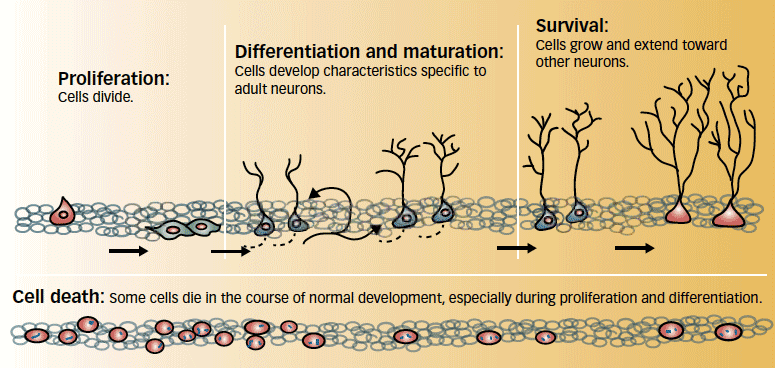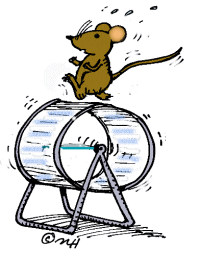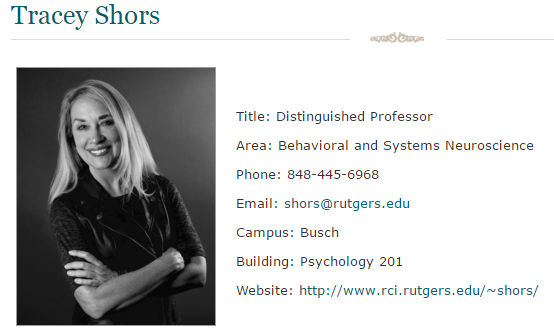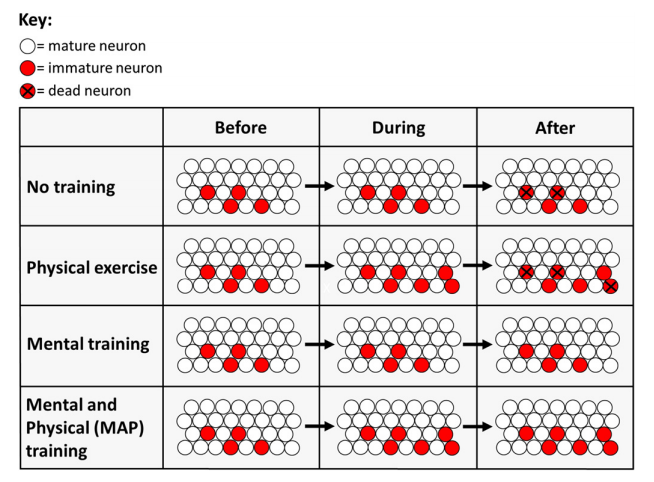Combining cross training strategies such as a running, meditation or nootropics with brain training can be more effective than any strategy on its own, improving not only brain fitness but total health, immunity and resilience.
Growing new brain cells: neurogenesis
Thousands of new neurons are produced each day in a healthy adult brain, and many of these cells are produced in the hippocampus, a brain region necessary for various types of learning and mental performance. In one study about 6,000 new brain cells were found in every cubic millimeter of the hippocampus.
A high proportion of these brain cells will typically die within several weeks of being born, particularly if we are chronically stressed. They don’t differentiate into mature neurons that get wired into our brains. The remainder survive and help our cognitive performance.
This process of ‘neurogenesis’ leading to mature brain cells, as well as early cell death – is shown in this diagram.

 Aerobic exercise for brain cells
Aerobic exercise for brain cells
Aerobic exercise substantially increases the production of new brain cells in the hippocampus. Regular aerobic exercise doubles the normal (sedentary) rate according to some research. Tissue samples from the hippocampus in exercising rats revealed an average 6,000 new brain cells in every cubic millimeter.
Sustained aerobic exercise vs HIITs vs resistance training
The kind of exercise that results in useful neurogenesis in humans is two sessions of half an hour running per day. That is half an hour of sustained exercise. How about High Intensity Training (HIT)? It has been unclear whether high-intensity interval training (HIIT), involving alternating short bouts of very intense anaerobic exercise with recovery periods has similar effects on hippocampal neurogenesis in adulthood.
The answer appears to be no. Researchers from the Department of Psychology and from the Department of Biology of Physical Activity at the University of Jyväskylä studied the effects of sustained running exercise, HIT and resistance training on adult hippocampal neurogenesis in adult male rats. The exercise training period was 6 to 8 weeks. Compared to sedentary animals, HRT rats that ran long distances had 2-3 times more new hippocampal neurons at the end of the training period. Resistance training had no such effect. And the effects of HIT were minor. To conclude, only sustained aerobic exercise improved hippocampal neurogenesis in adult animals.
How do the surviving brain cells help cognitive performance?
Neuroscientists at Cambridge University – Lisa Saksida from my Ph.D. program among them – recently joined forces with researchers at the US National Institute on Ageing in Maryland to investigate the effect of running on the brain. They looked at rats’ brains as a model for humans.There are remarkable similarities between rat brains and human brains, and most differences in the cognitive functions we study (such as working memory or even general intelligence) are differences of degree.
In the tests they did, they found that the growth of new neurons in the hippocampus helped the rats’ distinguish between similar experiences based on e.g. when they happened. This kind of memory translates into our ability to remember similar experiences in different times and contexts. This essential for our autobiographic (personal experience) memory and for learning and problem solving where the information is complex and demanding.

Work by Dr Tracey Shors at Rutgers has found more generally that these new brain cells are useful to us for learning and memory when “task demands are high (e.g. complex and hard), and mastering them depends on cognitive flexibility”.
Aerobic exercise and mental training for brain performance
Shor’s more recent work has been looking at the cognitive performance effects of combining aerobic exercise with mental training, which she calls MAP (Mental And Physical) training. And she finds a strong cross-training synergy effect. She concludes:
“Physical activity, especially aerobic exercise greatly increases the number of new neurons that are produced in the hippocampal formation. In contrast, mental training via skill learning increases the numbers that survive, particularly when the training goals are challenging. Both manipulations can increase cognitive performance in the future.”
Exercise and mental training work in different ways. Exercise grows new brain cells, while mental training stops the new cells from dying, and there is a synergy effect – as shown in this diagram:

Mental training for new brain cells
Dr. Shors and her colleagues have researched two effective types of mental training that build on the brain cell-producing effects of aerobic exercise: focused-attention (FA) meditation and app based brain training.
Effective brain training
“Do mental training programs actually work? Is it really possible to train our brains to learn better?” Or do we just get more practiced on the brain games? After a review of the existing evidence she concludes:
“Overall, these and other results, suggest that specific forms of working memory training (such as the N-back task) may improve fluid intelligence, but the more common forms of “brain training” do not necessarily elicit these gains in healthy subjects.”
Our IQ Mindware apps are all developments of the n-back.
It should be noted that the training should not be too stressful. It’s best to train in a relaxed, focused frame of mind. Stressed mental work will be counter-productive.
Effective meditation
The kind of meditation practice that has been shown to be effective is focused attention meditation, not open monitoring mindfulness, where attention shifts around freely. Those studied were told that if their thoughts drifted to the past or the future they should refocus on their breathing.
We will be looking at meditation in another blog article.